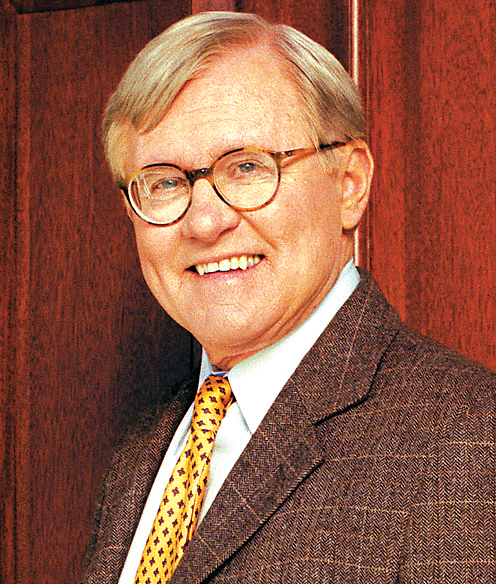A great revolution in our relationship with the automobile is happening across the Unites States and in Boston. The car, a fixture for most Americans, is slowly losing its grip on our daily lives. For generations, our cars have been more than just a mode of transportation. They have been at the center of our hobbies, recreation and social lives. They have dominated our commutes as well. They have been an indispensable necessity of American culture. The Millennials are about to change all of that.
Millennials now outnumber Baby Boomers. As a result, our economy will need to shift its focus away from Boomers and towards Millennials. This is a fact of pure market economics. As this shift occurs, it will be critical for product manufacturers to understand what this demographic group wants so they can tailor their offerings to the new marketplace. Nowhere is this more important than in automobile manufacturing.
Let’s start with some national statistics. According to the American Public Transit Association (APTA), 25 percent of Millennials use carpooling or a rideshare service as their primary mode of transportation to commute to work and 38 percent said ridesharing is the best way to commute. The reason they prefer to rideshare is almost more important than the percentage of the population using the service. They prefer to rideshare because it provides them more opportunity to work or socialize – preferably online. This is a very significant shift away from the habits of the generations that came before the Millennials.
Also according to APTA, 40 percent of Millennials do not own a car. In addition, 38 percent said having a family does not mean having to leave the city and 28 percent said having a family does not necessitate owning a car. This too represents a sea change in the relationship between Americans and their cars.
The Right Tool For The Right Trip
In my youth, my friends and I went to take our driver’s license test as close to our 16½ birthday as possible, and drove almost constantly, because it was an essential part of our social lives. I spent my free afternoons under the hood of a car, working on engines and modifying their performance with my friends. When we weren’t fixing cars, we were cruising around town in the vintage cars that my friends had fixed up. It was a way of life.
Millennials have a completely different relationship with cars. For Millennials, a car is a tool to be used – but only when it is the right tool for the right trip. It is one transportation mode in a range of options, from which Millennials choose the best mode for any one trip. The car is no longer the primary mode of transportation.
This trend is reflected in car ownership statistics in the city of Boston. Household car ownership is now 1.34 cars per household among homeowners. For renters, the household car ownership rate is a mere .69 cars per household. These car ownership rates, especially the rental rate, reflect the trend of Millennials not wanting to own cars.
The neighborhoods in Boston where there are greater concentrations of Millennials also tell this same story. Take Brighton for example. In Brighton in the area around St. Elizabeth’s Hospital, 75 percent of households are renters, and approximately 40 percent of renters are between the ages of 24 and 35. This is a significant concentration of Millennials as renters. Even in this neighborhood that is poorly served by rail transit, the percentage of residents who commute to work by car is less than 50 percent.
What does this trend mean for urban mobility? In the long term it means a dramatic reduction in single-occupant automobiles as a mode of transportation. It means less land dedicated to parking cars. It could also mean a dramatic reduction in greenhouse gas emissions, congestion and the resulting public health issues confronting society.
What does this new trend mean for automobile manufacturers? Car companies are going to need to shift away from a model where every home has not one, not two, but three or four cars. The long-term trend is towards each family having a subscription for a one-third or one-fourth share in a car. The subscription will be cheaper than owning a car, and more responsive to consumers’ needs.
In the not too distance future, cars will be owned by the car manufacturer, or a subsidiary/affiliate. The car subscription will mean that the owner of the fleets will maintain, insure, fuel and park the car. The average person will simply use an app to tell the subscription service to come pick them up and take them to their destination. The rest is the car owner’s problem. This is the future of cars if the views of Millennials prevail and cars become a tool, not a treasure.
After multiple generations, the American love affair with the car is finally ending. Millennials have broken the spell cars have had on millions of Americans. The future of mobility will be much different from our collective experience as a result. How much different remains to be seen.
William F. Lyons Jr. is president of Fort Hill Cos. of Boston.




 |
| 


